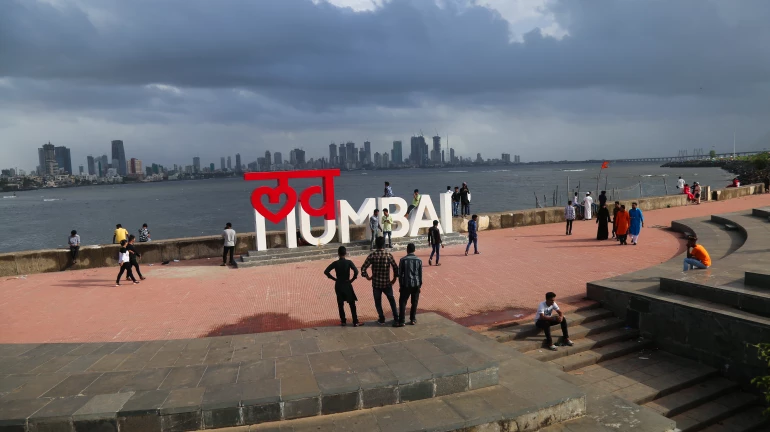On October 24, while hearing arguments against planned projects in the
Bandra suburbs, Chief Justice Devendra Kumar Upadhyaya of the
Bombay High Court (HC) remarked that there must be limits to the “greed” driving the exploitation of natural resources in economic development projects.
The Maharashtra State Road Development Corporation (
MSRDC) informed Chief Justice Upadhyaya's bench that obtaining environmental clearance for a project to commercially develop a 24-acre site in Bandra Reclamation along the Western Express Highway may take some time. The MSRDC assured the court that no work would begin until all necessary permits were secured.
Environmental activist Zoru Bhathena and the Bandra Reclamation Area Volunteers Organization presented two public interest litigations (PILs) to the High Court. The PILs argued that the area should be restored as a “green lung” because Coastal Regulation Zone (CRZ) regulations prohibit commercial development on reclaimed land. Currently, the MSRDC is using the site as a casting yard for the Bandra-Worli Sea Link project.
The petitioners stated that, in January 2024, the MSRDC issued a tender for commercial development of the area, despite its unsuitability for such use. The court previously noted that the case involves the “vital issue of environmental protection, ecology, and biodiversity in the area.”
Responding to the court's inquiry on whether the Union Ministry of Environment and Forests (MoEF) expert committee had reviewed a construction permit application under environmental laws, Additional Solicitor General (ASG) Devang Vyas confirmed that no such application had yet been submitted. Chief Justice Upadhyaya emphasized that no construction work could commence until this application was approved.
Senior Advocate Milind Sathe, representing MSRDC, explained that the project requires environmental clearance under the MoEF's Environmental Impact Assessment (EIA) notification issued on September 14, 2006—a process expected to take time. Sathe added that, with Mahim Creek recognized as a bay, the area would no longer fall within the CRZ.
Senior counsel Zal Andhyarujina, representing Adani Properties Pvt Ltd, the project's proponent, stated that the proper authority would review the application for environmental clearance.
In a lighter moment, Sathe pointed out that even the High Court building was once on the coast, and the land beyond it was eventually reclaimed. Chief Justice Upadhyaya responded, underscoring the need for boundaries in exploiting natural resources. Referring to the Oval Maidan as once being part of the seashore, he stated, “There must be a boundary. If not, we are unsure of our direction.”
Quoting Mahatma Gandhi, Chief Justice Upadhyaya said, “Nature has provided for our needs, not our greed,” and cautioned against the current trend toward excessive exploitation. He further commented on the impact of modern technologies, such as artificial intelligence, warning, “We shouldn’t revert to our monkey state during the evolutionary process.”
The High Court scheduled a follow-up hearing for December 11, requesting affidavits from respondent bodies, including the MoEF, Maharashtra Coastal Zone Management Authority, and the BMC.






